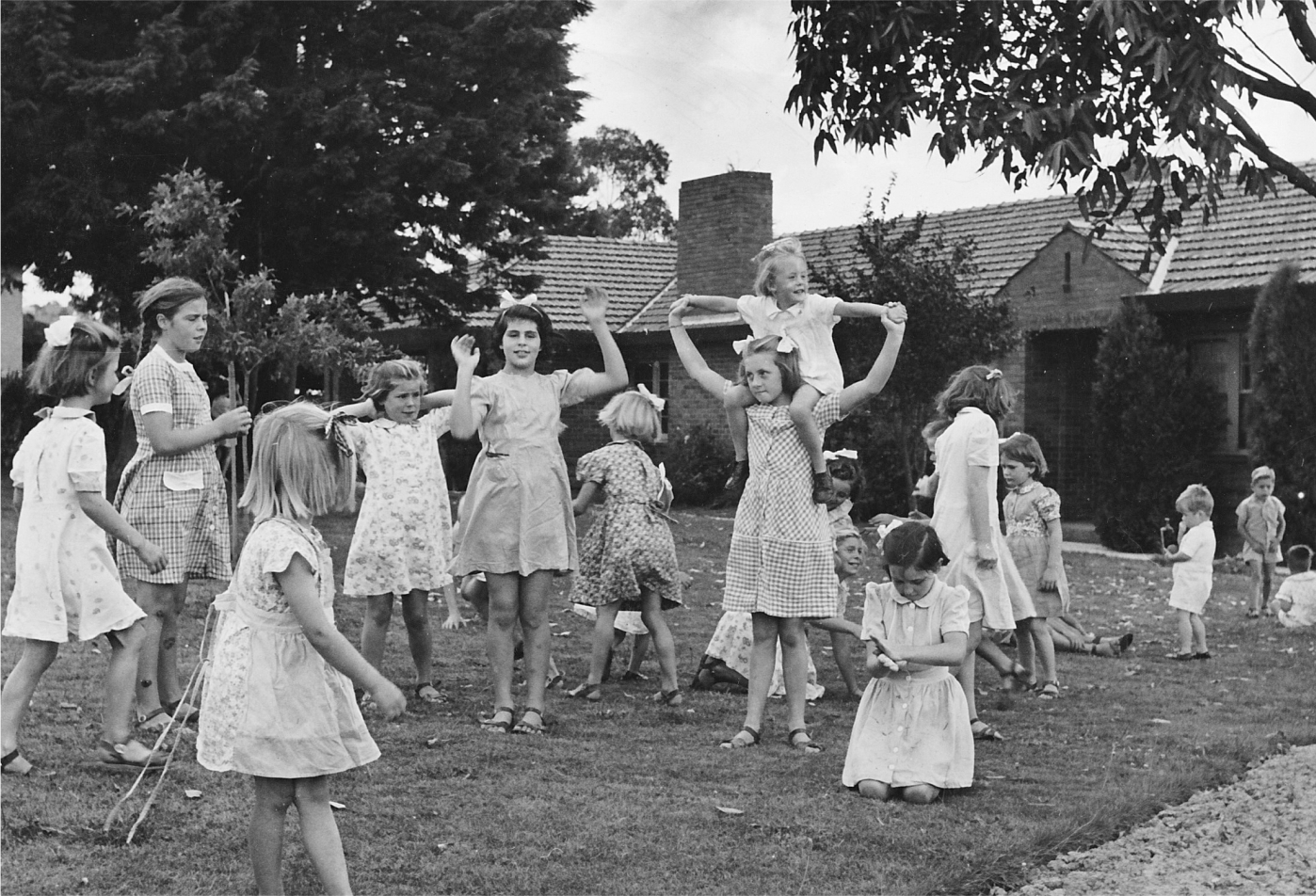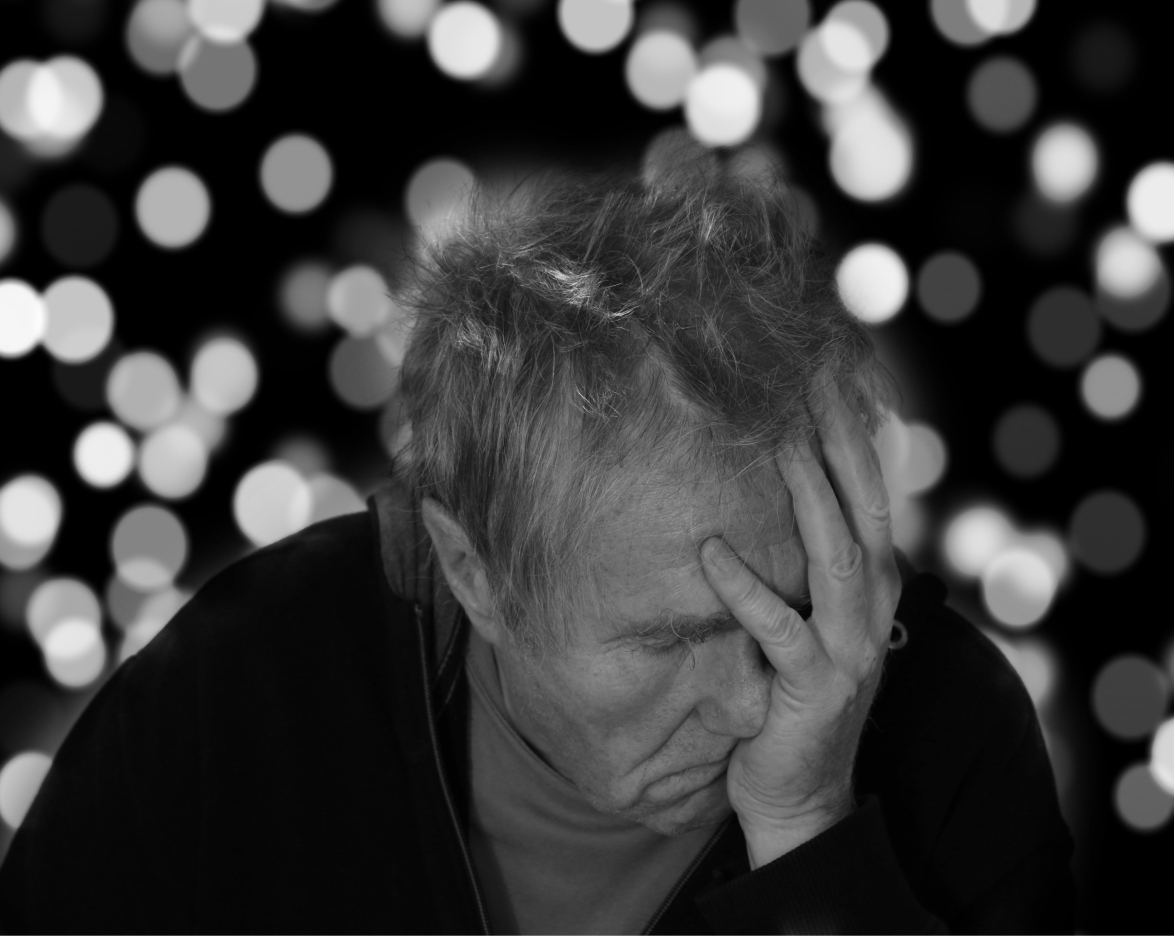Long-term
impacts
Separated from their families as children, most Forgotten Australians grew up deprived of the love, support and individual attention children need.
Many also suffered physical deprivation and abuse. Forgotten Australians have complex and specialised needs which are often not being met. Note: the lasting impacts outlined below by no means apply to all adults who were in institutions as children, but the Senate report concluded that:
"...the outcomes for those who have left care have, in the main, often been significantly negative and destructive."
Forgotten Australians are survivors. Many have great strengths. Others retain childhood coping strategies that can make dealing with other adults difficult.

Described below are some of the lasting effects:
A lack of trust and security
Feeling abandoned by parents, often separated from siblings and suffering maltreatment at the hands of (socially respected) authority figures, many Forgotten Australians learned to trust no one and to live with the stigma of not having a family.
Abused children miss out on learning how to express feelings appropriately, relate to others and develop trusting relationships.
A lack of social skills
Childhood abuse can hinder the development of normal, healthy life skills. Fundamentally, children who have never been interacted with normally have no idea how to interact with others – and no idea that they are not actually doing so.
Risk behaviours
Self-harming, substance abuse, seeking risky situations, sexual risk, suicidal thinking and actual suicide are not uncommon.
Inability to form and maintain loving relationships
One profound impact of institutional life is the difficulty in initiating and maintaining stable, loving relationships.
Many Forgotten Australians have broken marriages. Many have lived alone all their lives, and some have chosen not to have children. Inability to parent effectively, a lack of loving role models, combined with poor treatment at the hands of so-called carers, have left many Forgotten Australians unable to love and care for their children.
Abused themselves, many learned no other way of treating their own children, and the intergenerational neglect and violence continues. They may have a history of notifications under the child protection system of the state or territory; they may even have had their own children removed.
Many, of course, do not abuse their children; nevertheless, they may have little capacity or knowledge to be strong and appropriate parents because they have grown up without parental role models.
“You learn to be a mother by having one, so I made all the mistakes… too close or too distant, no boundaries or too many, no idea at all just what is good for children and what isn’t.”
Mental illness
Depression is the most common mental illness experienced by survivors of childhood sexual abuse, and this is often linked to PTSD; anecdotal evidence suggests that the suicide rate among this group is high.
Many also suffer from symptoms of anxiety, including panic attacks, nausea or sweating; fears that appear irrational may be related to painful childhood experiences.
Post-traumatic stress disorder (PTSD) comprises distressing memory-experiences, in the form of flashbacks, ruminating, along with symptoms of anxiety or depression.
Dissociation also occurs, evidenced by such symptoms as an absence of awareness of external events, or the absence – or alteration – of a bodily sense over a period of time.
Survivors can experience psychosomatic illness, whereby physical symptoms of mental pain can include chronic pelvic pain, irritable bowel syndrome or severe headaches.
Personality disorders – entrenched behaviour patterns based on the overuse of certain personality traits – and severe borderline personality disorder (characterised by self-harming behaviour and difficulty in maintaining long-term relationships) often reflect childhood abuse.
An abused child learns survival strategies which go on being used in adulthood, instead of developing the emotional and behavioural skills needed to cope with adult life situations.
